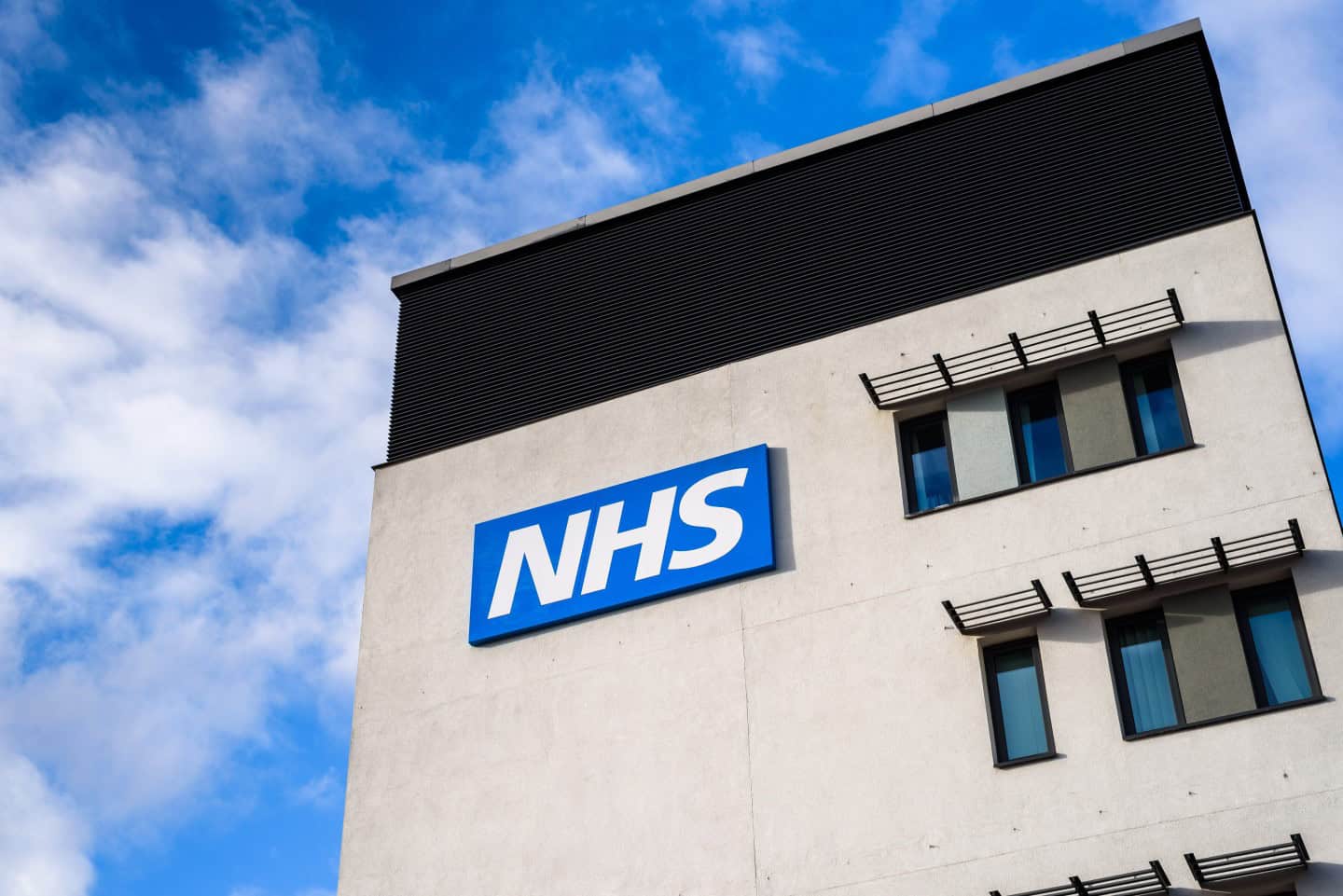
NHS waiting lists at a record high in England
Statements like the one above have made for all too familiar reading in recent years, but that doesn’t mean we should become apathetic about the scale of the NHS’s waiting list crisis.
In general terms, the longer a patient waits for treatment, the sicker they get, and the more complex care they will need. That means people spend more time off work unwell, suffer poor quality of life and place higher demands on families, and health and social care services.
For example, long wait times for elective surgery can cause misery for those whose quality of life suffers. Yet for those awaiting potentially lifesaving and/or time-critical care, delays can be disastrous, even fatal.
This is why delayed treatment remains one of the most common reasons patients pursue medical negligence claims.
The problem in numbers
As of June 2023, a record 7.6 million people in England were waiting for NHS treatment, with two in five waiting 18 or more weeks to be seen.
Whilst there have been modest improvements in some areas, including average ambulance response times, treatment waiting times for heart conditions reached 400,000 and key targets set for cancer patients continue to be missed.
In 2022, oncology expert Professor Pat Price has described recent figures on cancer wait times as an “absolute disaster.”
On the most recent figures, Saffron Cordery, the deputy chief executive of NHS Providers, said the mounting backlog was caused by “a perfect storm” of reduced funding, the Covid pandemic, the cost-of-living crisis, insufficient staff and strike action. She called for more government investment and an end to the strikes.
What can patients do if they face a long wait?
There are of course no quick fixes to such a massive, national problem. However, below are some ideas if you find yourself waiting for NHS care.
- Patient choice: Forming part of the NHS Constitution, patient choice includes offering a patient the choice to consider whether their wait could be reduced by referral to a neighbouring hospital or Trust. Unfortunately, few are aware this is an option. Patients should consider contacting their hospital/GP to explore whether this could reduce their wait.
- Making a complaint: You have the right to make a complaint about any aspect of NHS care, treatment or service. This includes complaining about delays in being seen/treated. As well as discussing your concerns with your treating team, one of the first ports-of-call tends to be to the Patient Advice and Liaison Service (PALS)which operates at most hospitals.
- We have produced this webpage which provides more detailed advice, tips and information on how to go about making a complaint to your GP.
- We have also compiled this webpage with broader advice on how to raise concerns with your healthcare provider and to whom you should direct your concerns.
- Seek advice: Bolt Burdon Kemp work with and support The Patients Association – a charity that offers free information and guidance to NHS patients. Amongst other things, they campaign for better health and social care and offer an invaluable service to patients concerned about their wait for NHS treatment. They can be contacted on 0800 345 7115.
- Private treatment: For most, funding medical treatment themselves to reduce delay is not an option. However, for those that can and/or can utilise private health insurance, consideration should be given to seeking treatment privately – particularly if they are concerned about their health deteriorating whilst they wait.
You are entitled to seek NHS care whilst supplementing your care privately, albeit care must be taken to ensure someone has overall oversight of your treatment. NHS advice can be found here.
Medical Negligence Claims
In the unfortunate event that you consider you or a loved one has suffered avoidable harm because of delays in treatment, you are entitled to explore a medical negligence claim. It is important to note that only delays which cannot be justified that result in avoidable harm will result in a compensation award.
For more information visit our website or get in touch with us for a free no obligation conversation.










